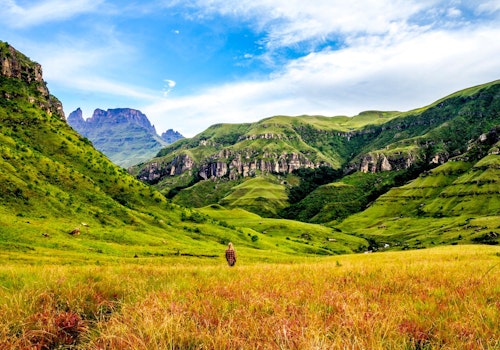November 29, 2021
A contribution to Africa is a contribution to the planet
Among the very few black African CEOs of a safari company, the Founder of African Bush Camps, Beks Ndlovu, is living proof of how responsible tourism can contribute to the preservation of one of the most important organs of our planet.
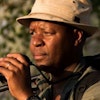
Shared by
Beks Ndlovu
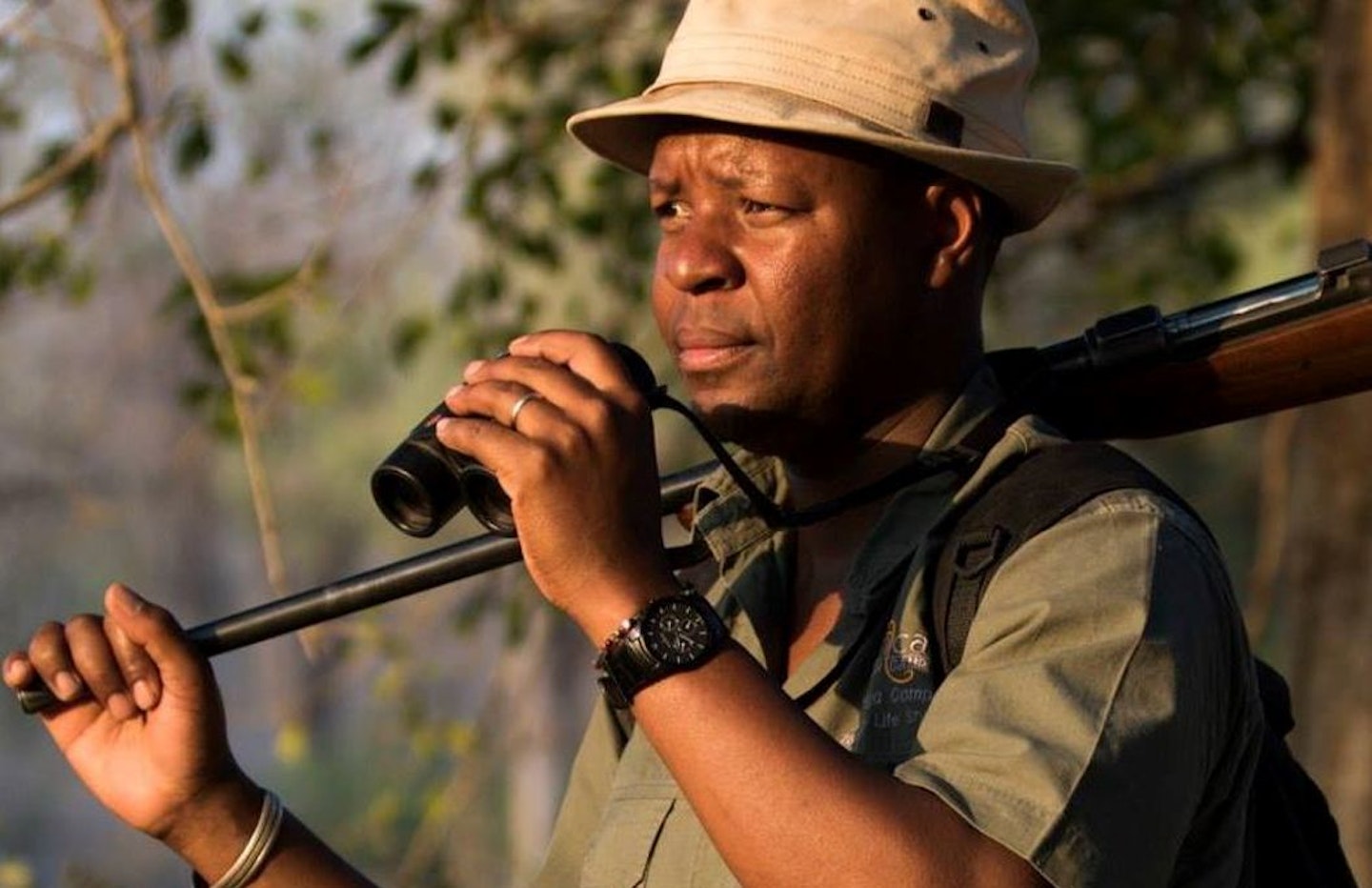
I was born in a small town called Lupane, in Zimbabwe, on the outskirts of Hwange National Park. My first interaction with wildlife involved crop-raiding elephants destroying my mother’s garden. We banged on pots and pans hoping the noise would chase them away. I was 10 years old, and the adventurer in me decided to follow 15 elephants from the garden way into the bush. Then the matriarch stopped and stood her ground. My instinct was to run, and that’s what I did until I got home. But I never forgot the adrenaline rush and my desire to learn more of these gentle giants.
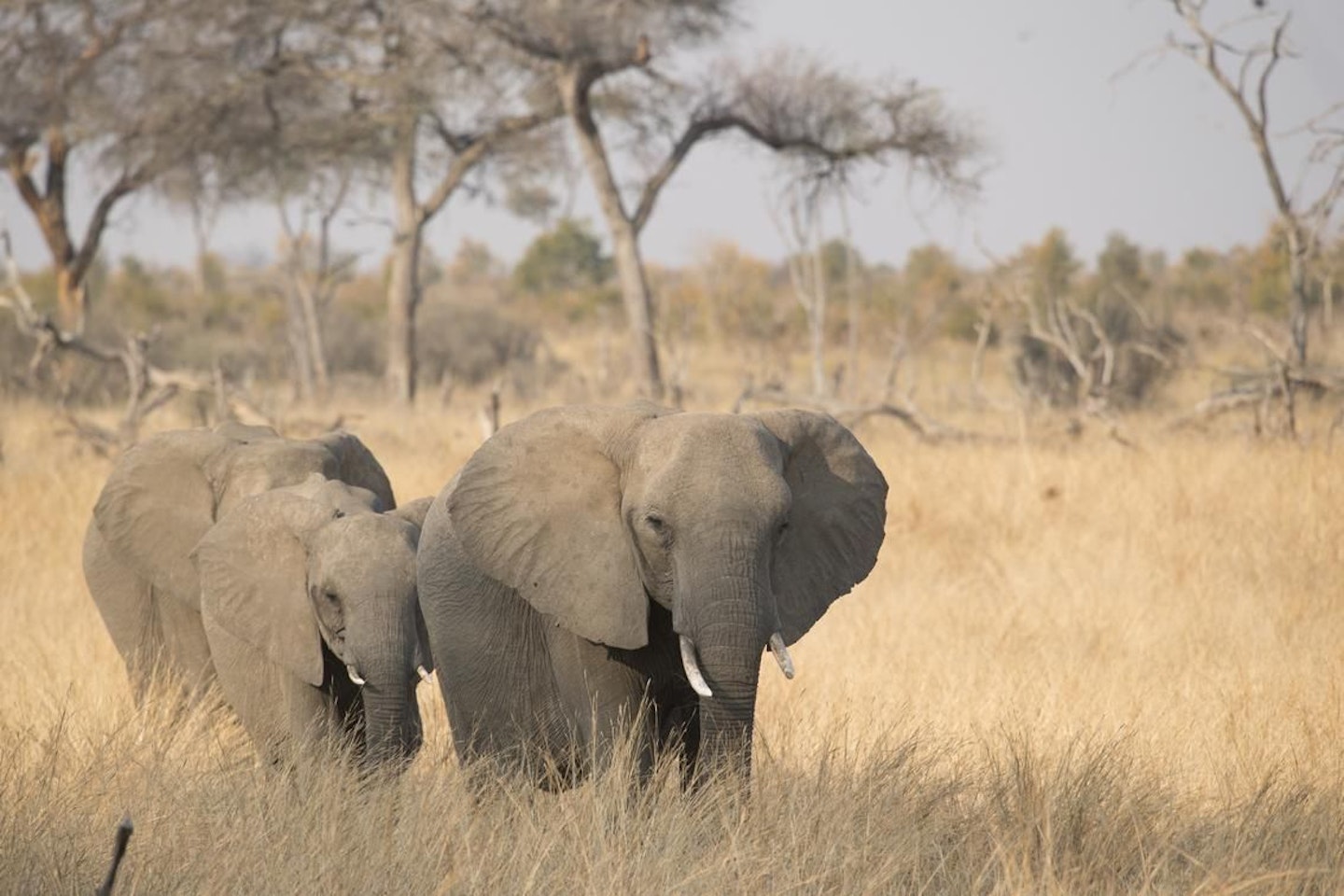
My love of nature later kicked in when at high school, when I would spend weekends camping, fishing, and getting the feeling for what it was like to have access to wildlife. This really intrigued me: I started visiting friends at safari camps and volunteered during school holidays, which gave me the opportunity to learn away from the traditional four walls. I Loved being outdoors and learning the operations of a safari camp. During this time, I gained a lot of knowledge about wildlife and nature which opened my eyes further to a possible career in the safari industry.

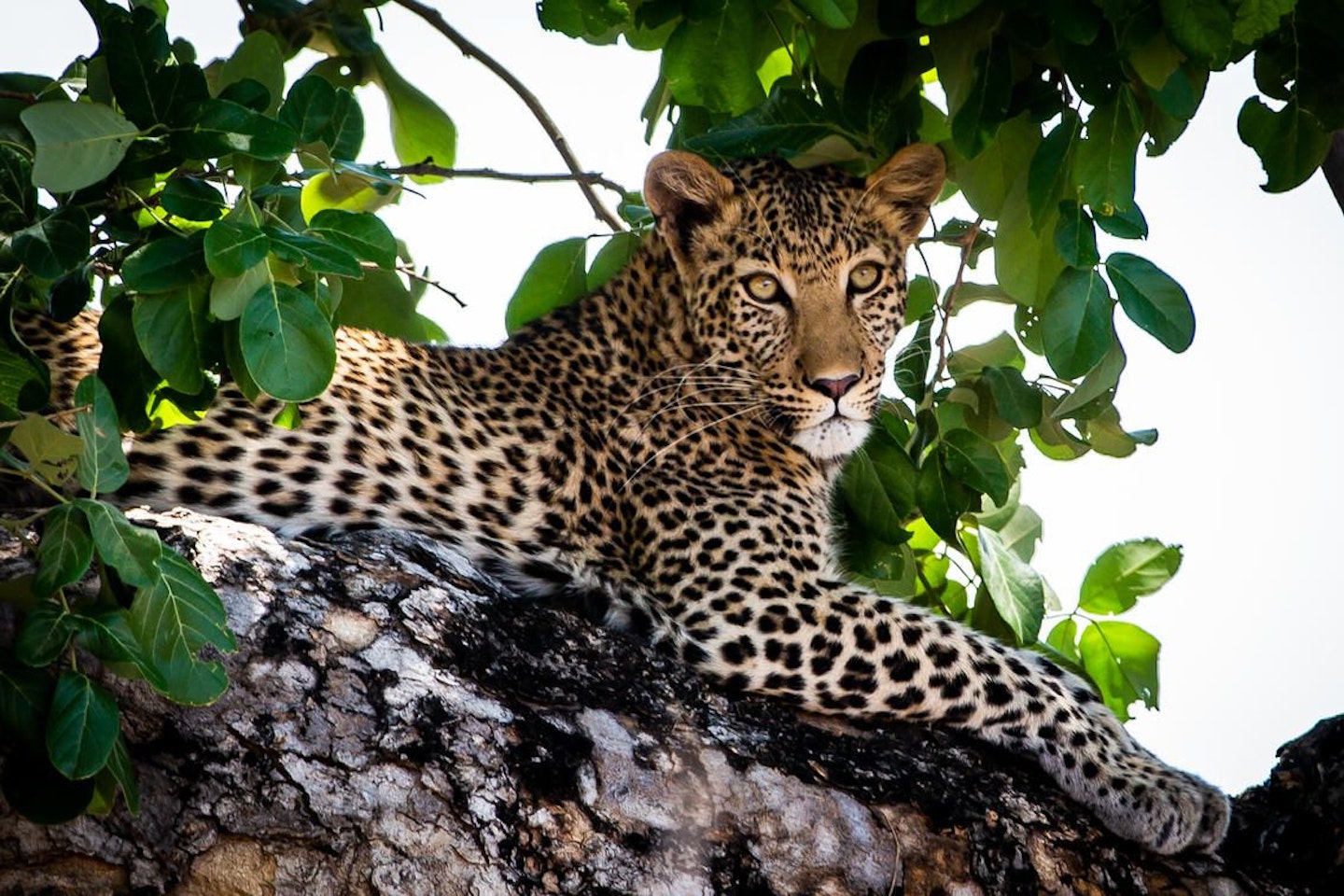
My interest in guiding started organically from working in safari camps, an experience which also exposed me to the dire needs of my continent and its communities, and instilled an intimate desire to want to help out in some way. When I left high school, I got my driver’s license and first-aid certificate, then I started training as a learner guide. I acquired my ZimPro (professional) licence just three years later, when most guides take five to achieve this. For the next 10 years, I guided clients, managed camps and undertook marketing and operations roles to learn the business of a safari operator. I worked my way up through the ranks as an employee for several companies, before eventually starting my own private guiding company, Beks safaris. After a few years and with the help and support of some close clients I founded African Bush Camps in 2006.
At that time, I didn’t know a single black African who owned a safari company, but I thought I could hopefully become a role model for others to follow in my path.
It has been a gradual journey, and a lifetime's worth of investment.

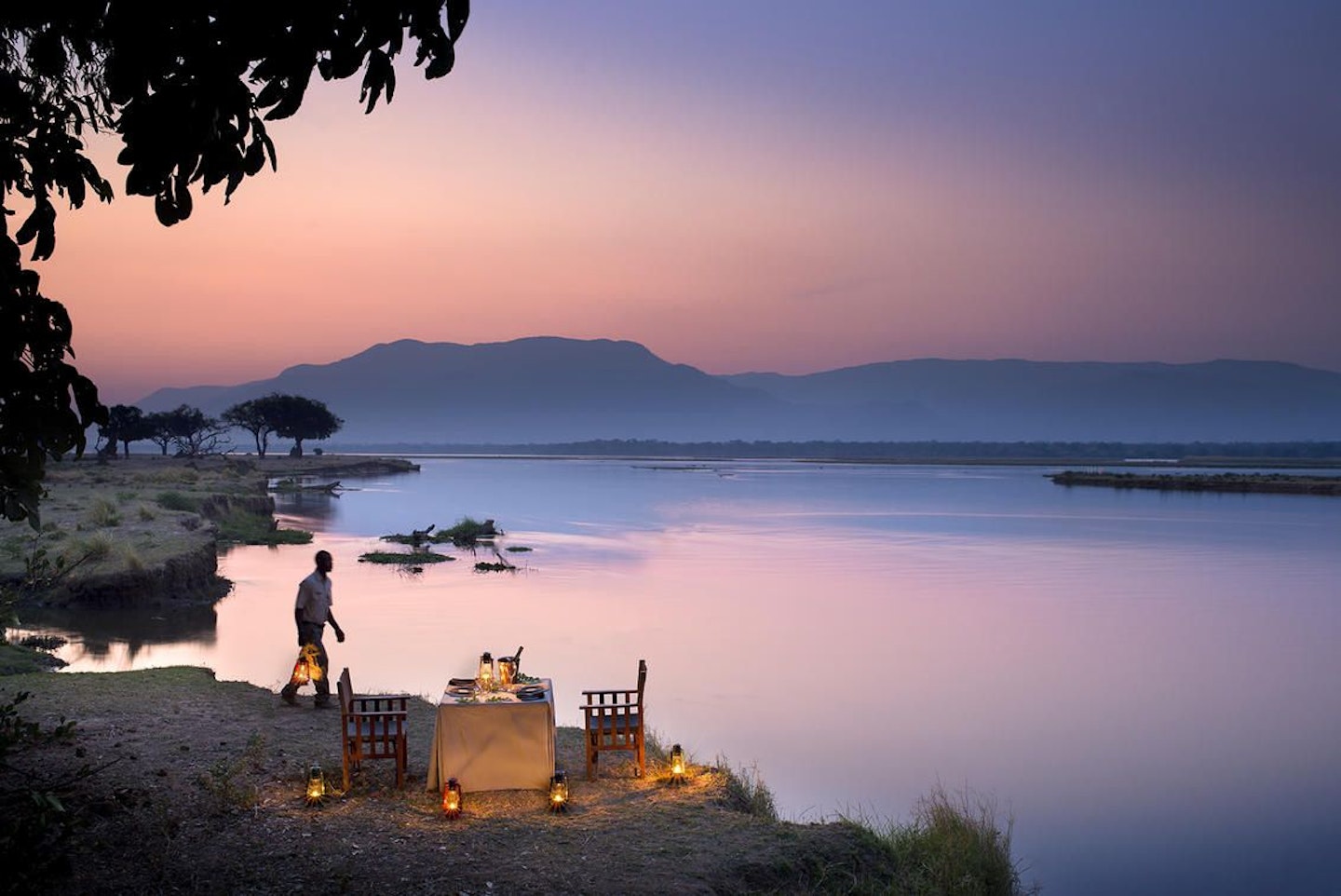
Since the early days of my work, I was confronted with the extreme environmental and social issues facing rural communities across Africa, and gradually got to the realisation that the tourism industry could really help. This became my greatest motivation, but working alone had its limitations, so I started to explore different ways to take others with me for the longer journey.
My dream was to reclaim the authentic safari experience with an emphasis on exceptional guiding, where guides could be true "teachers of the wild". I needed to craft a whole safari journey for people to want to travel from overseas, one which focused on remote parts of Africa, under the guidance of the very best naturalists.

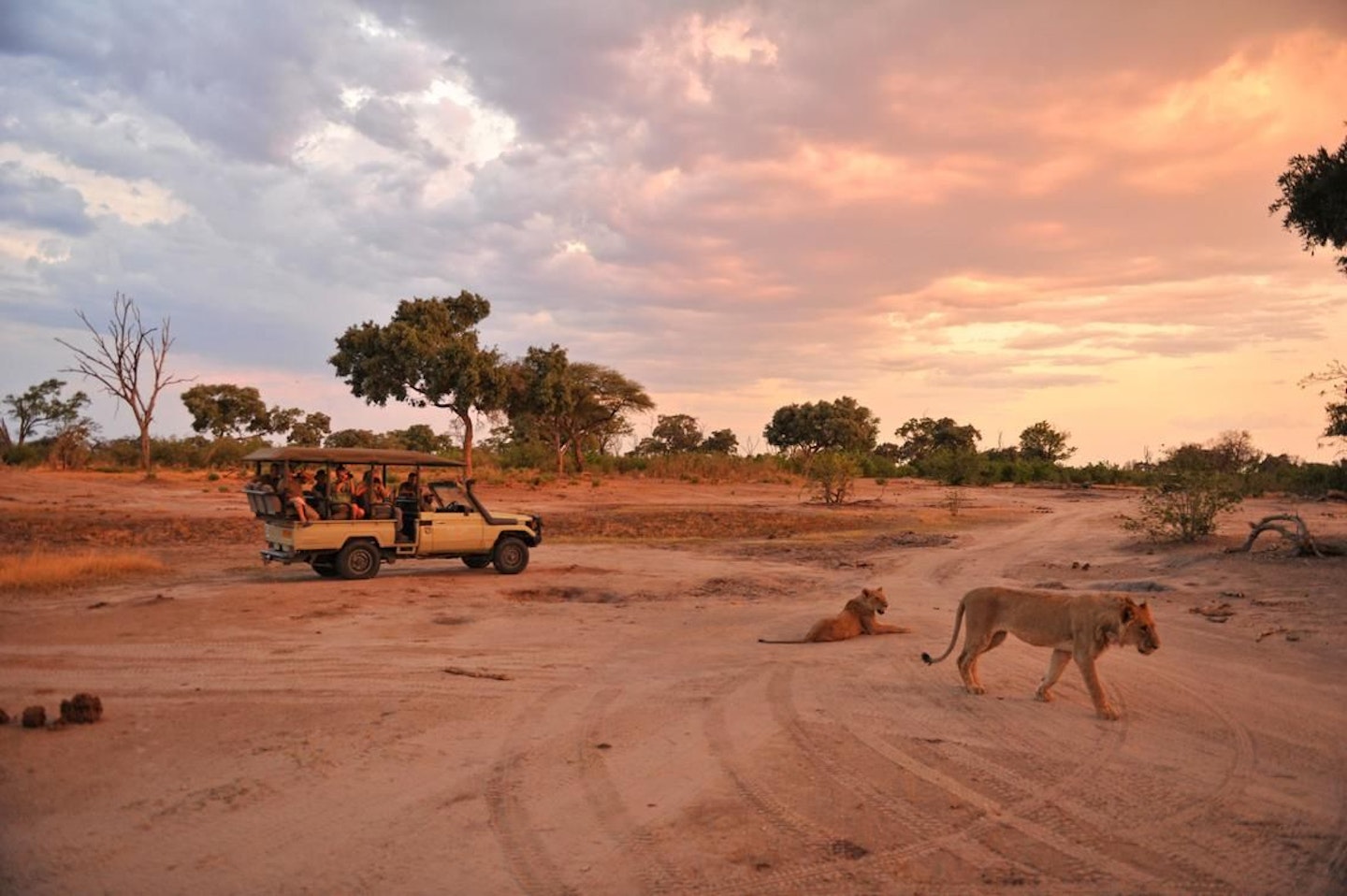
But I knew that my business could not exist in isolation of local communities: without incorporating them into tourism we cannot win the fight on conservation.
We’re here to stay, and we’re investing in our communities for the long term.
My heritage and background definitely helped to build a dialogue with communities and earn their trust. Over the years, I had seen so many NGOs come into vulnerable areas and provide valuable support, but then they would leave when the fundings dried up, often leaving people in worse situations than before.
When I first started ABC, I concurrently set up the African Bush Camps Foundation. It was fundamental to start up a business that was about experiential travel, conservation and working with local communities. I believe that those elements cannot be separated in the tourism landscape.
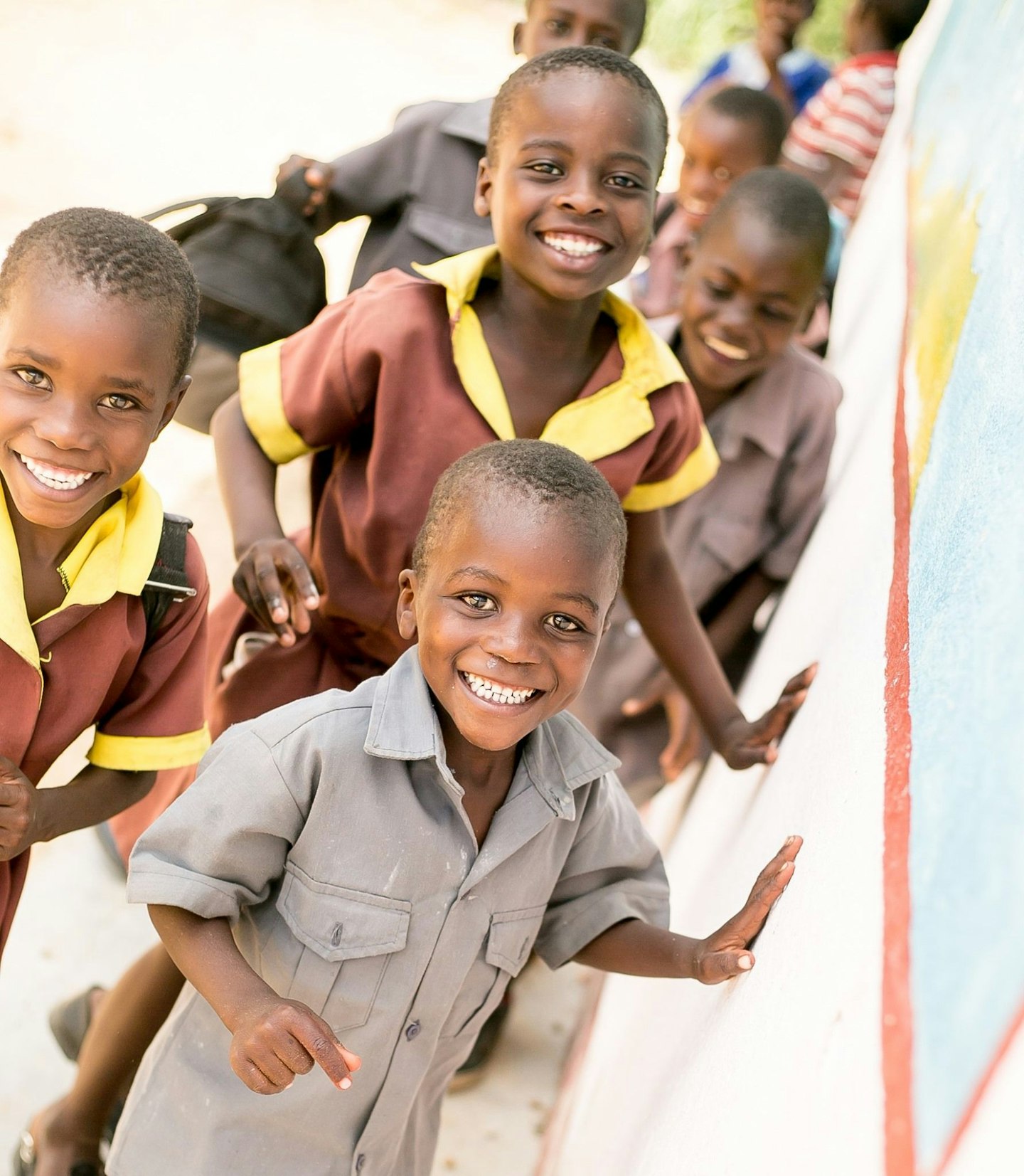
The Foundation is primarily funded through ABC which donates 2.5% of its annual turnover. Other funding comes through donations which go directly to community-based development projects focusing on education, conservation, and community empowerment.
Only together we are able to look after our environment and to ensure that the environment is there to protect us in the future.
Empowering communities is an important part of what we do. Currently, there are eight communities surrounding our properties and which we support through our foundation. We have a small team of dedicated managers and counsellors who are present in these communities to monitor the needs and the progress of our projects, help raise funds and ensure that the money raised is dispersed across priority projects. Many of these include skill-building and income-generating workshops (arts, crafts, clothing, ironsmiths), where we help community members create a self-sustainable lifestyle (one working member can support up to eight people in the communities).
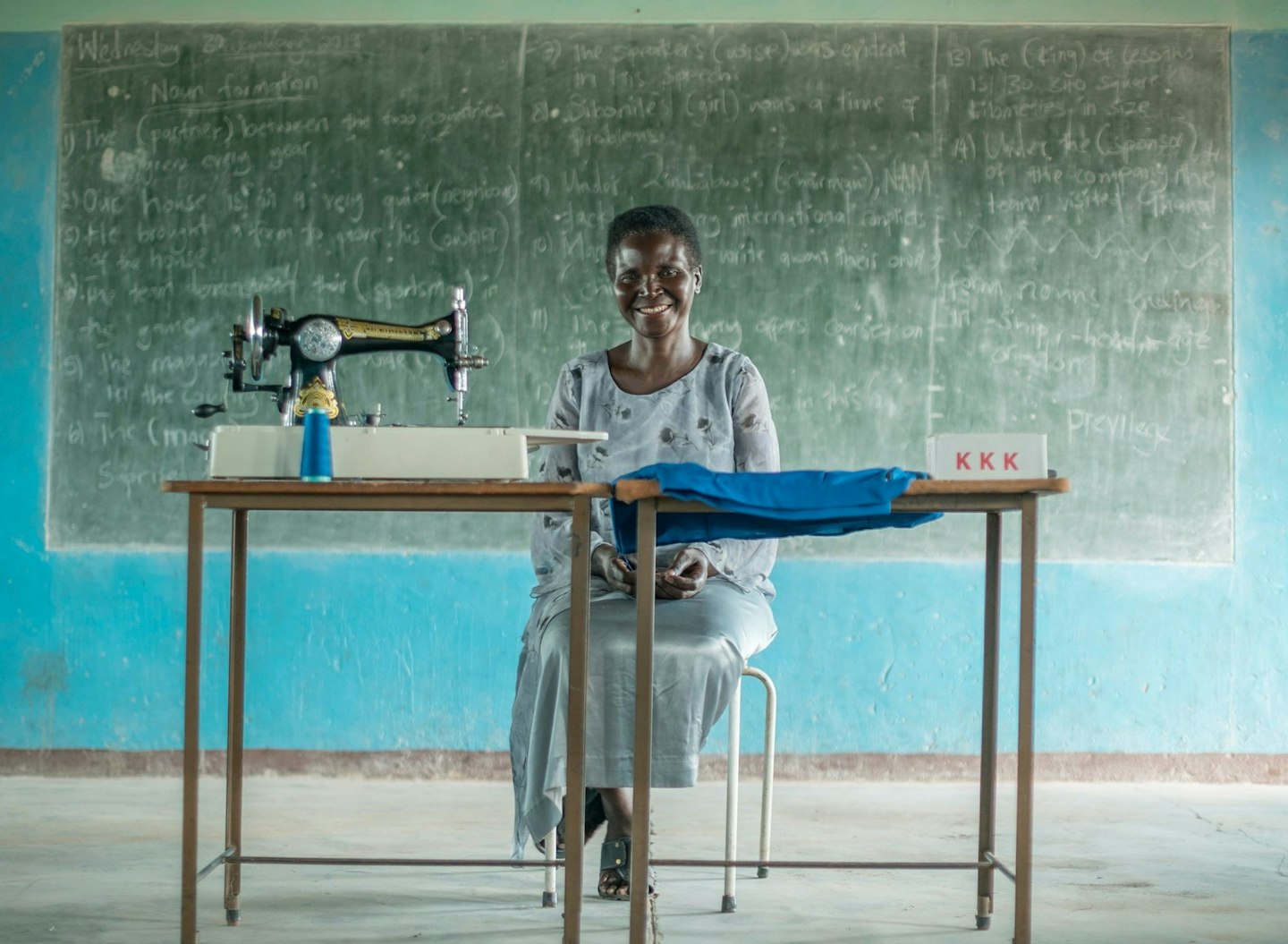
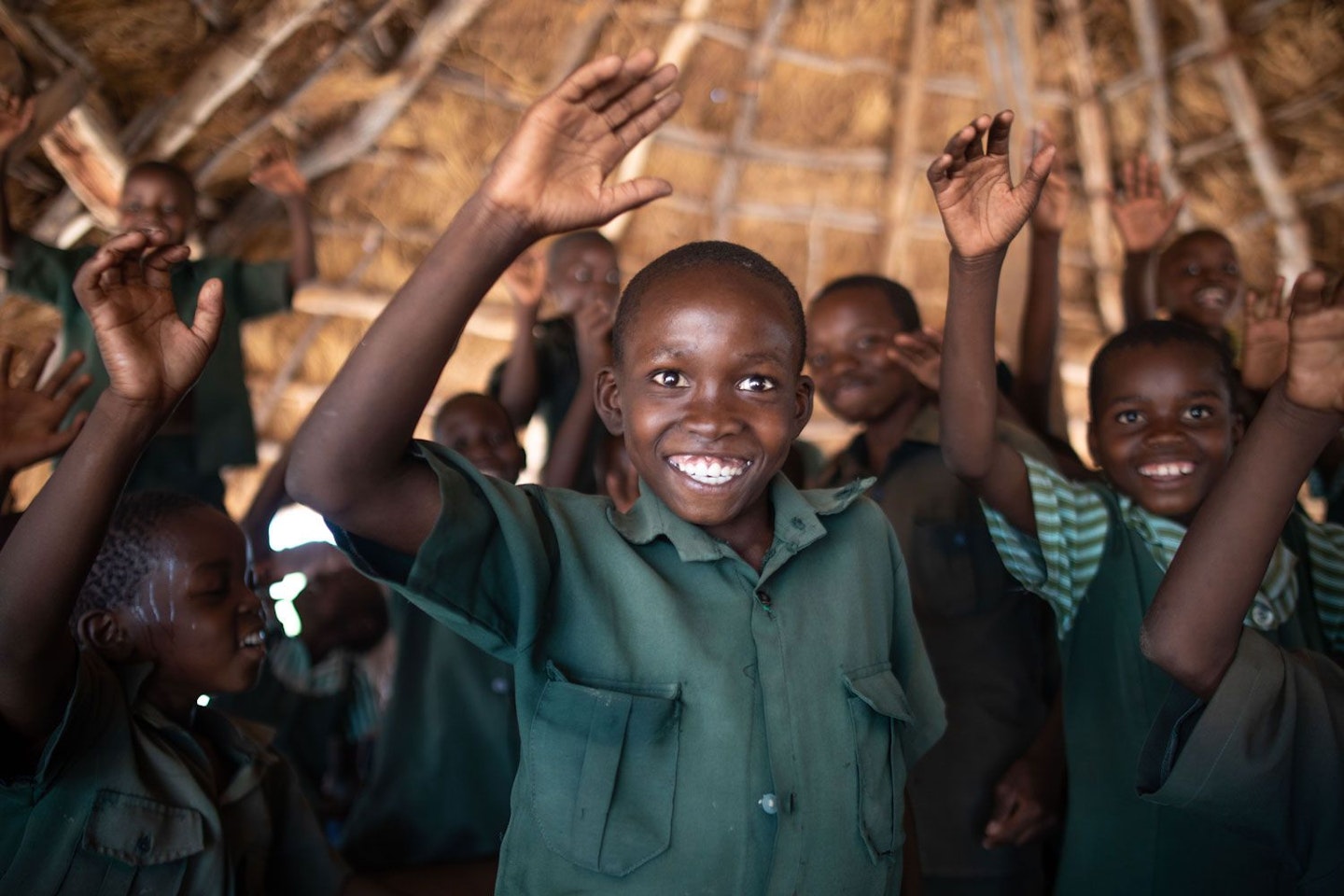
Our everyday staff members also act as representatives of ABC and custodians of the wildlife, often playing a crucial role of educators for the people from the villages where they come from or with whom the built strong bonds. The issue of wildlife/human conflict has always been rife in our communities: it is up to our staff members to uphold an understanding of the importance of wildlife conservation, and transfer their knowledge not only to tourists but to local communities too, so they can grip the value of our work and the ways in which it can benefit not just the wildlife, but them as well.
I believe in employing locally, not as a favour, but as a means to understanding the dynamics of the communities and culture.
Through my own staff I can then better learn and understand problems and issues facing an area. Communities then become ambassadors of conservation.
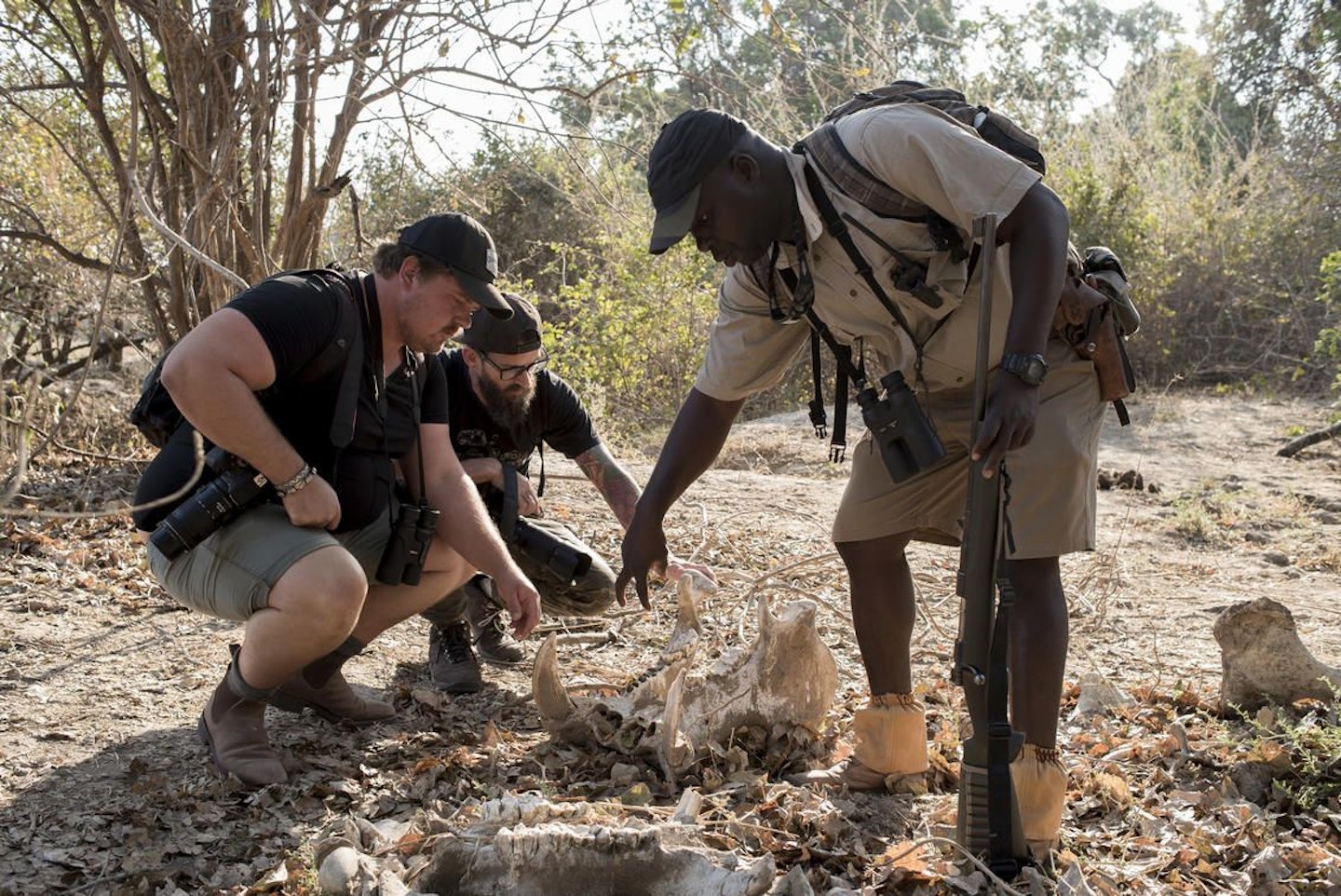
Conservation and the natural cycle of nature in the bush are the driving forces that keep travellers coming back to Africa time and again. Keeping these elements intact and preserved is vital to the survival of the industry.
Conservation is a necessity for the survival of tourism, and vice versa. This has always been my mantra.
Education is key both for communities but also tourists on the importance of preserving nature and respecting wildlife. Tourism is the lifeblood of entire regions in Africa. When you choose a responsible operator, just by visiting you can be positively contributing to the lives of local people and the preservation of nature. Africa benefits from less than 5% of global tourism revenue, but it represents one of the most sustainable ways to holiday.
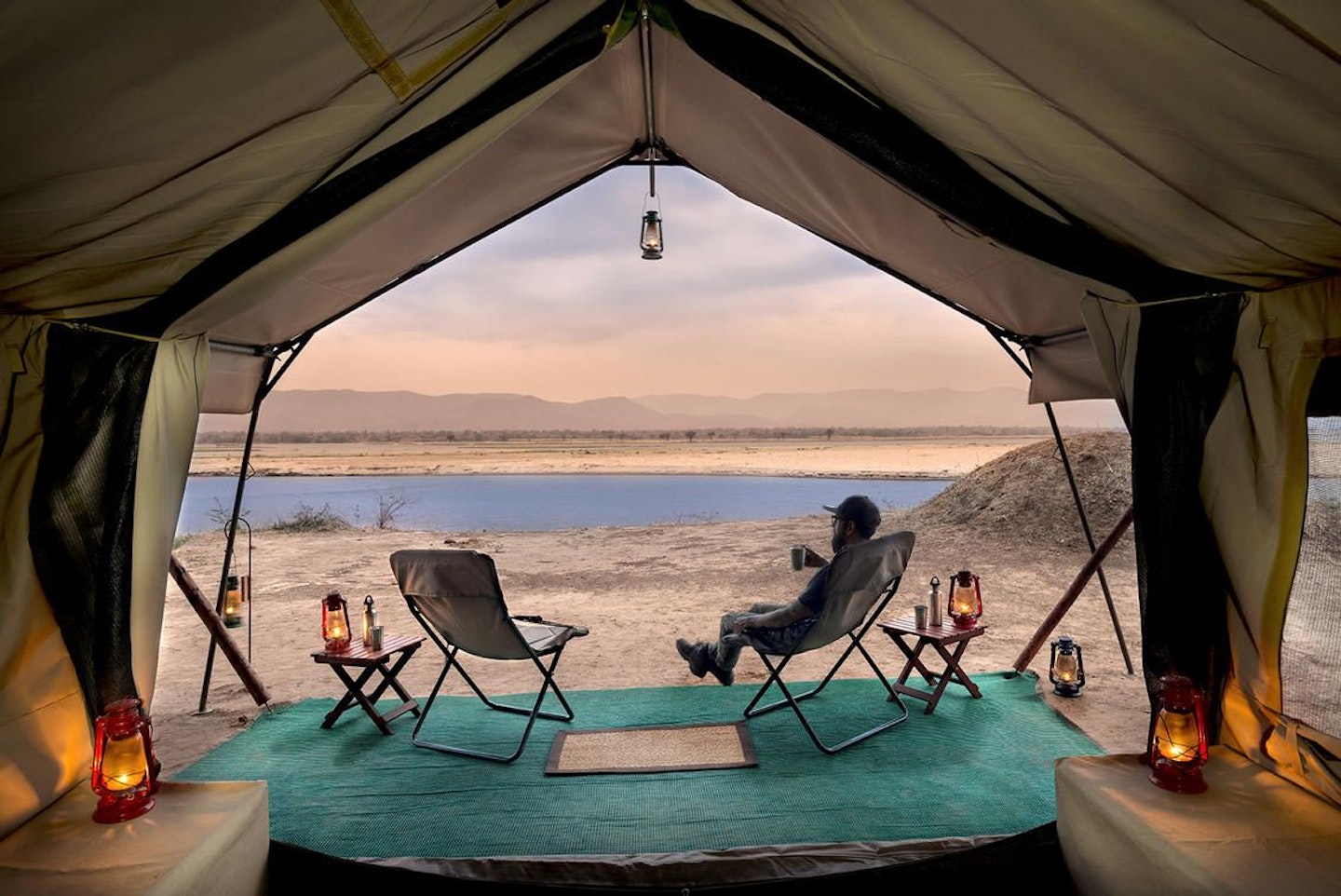
Anyone who’s been on safari can tell you about the transformative experience of seeing an elephant for the first time, hearing the roar of a lion, being a spectator of immense natural spectacles in which a multitude of actors between flora and fauna act in perfect harmony and close interdependence with each other. Travel to Africa can truly open your eyes to the importance of pristine wildernesses and the need to protect the wildlife within them. It is an experience that, in the best of cases, changes the way a traveler also looks at his or her own life, and brings us closer to more conscious lifestlyle choices even once back home.
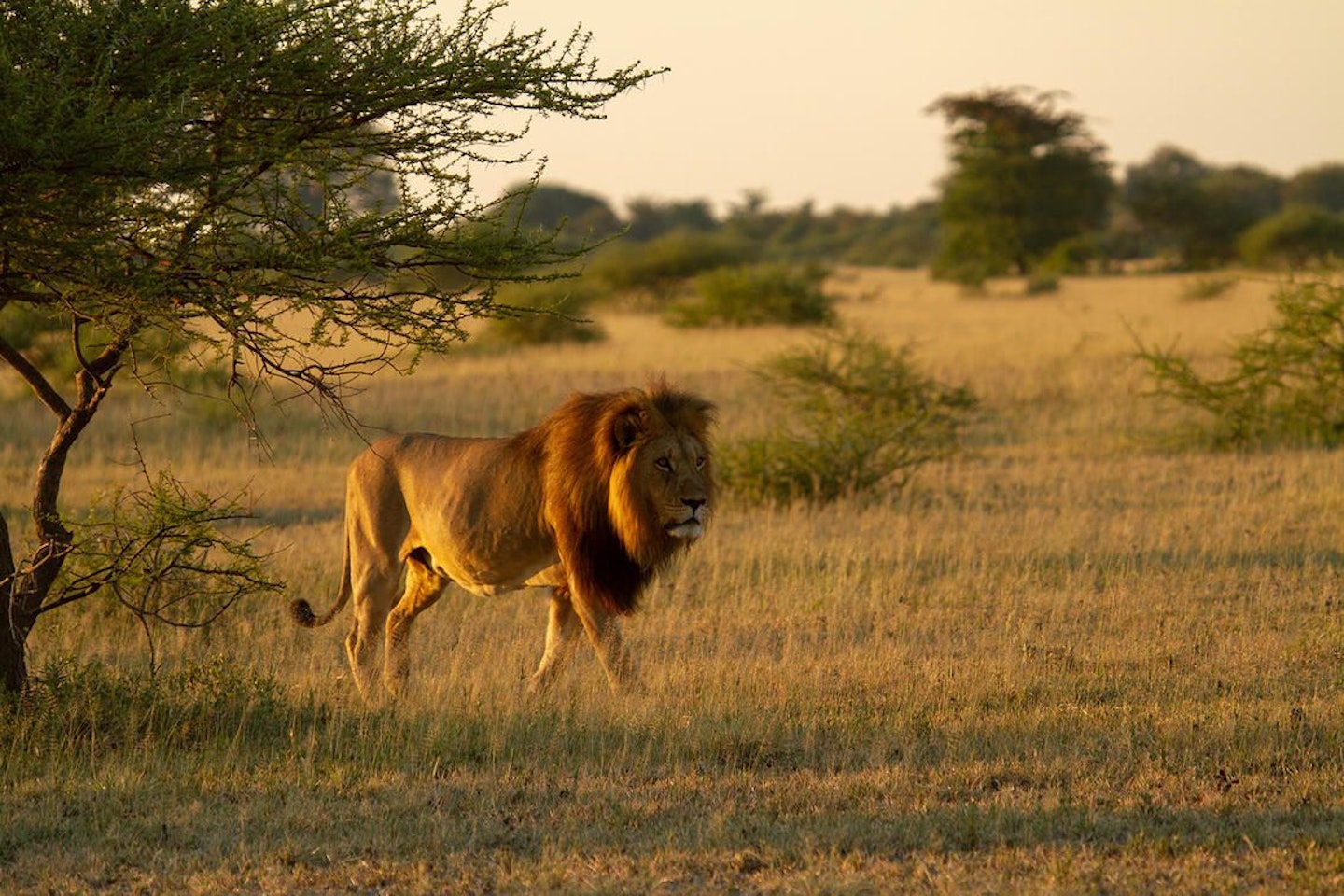
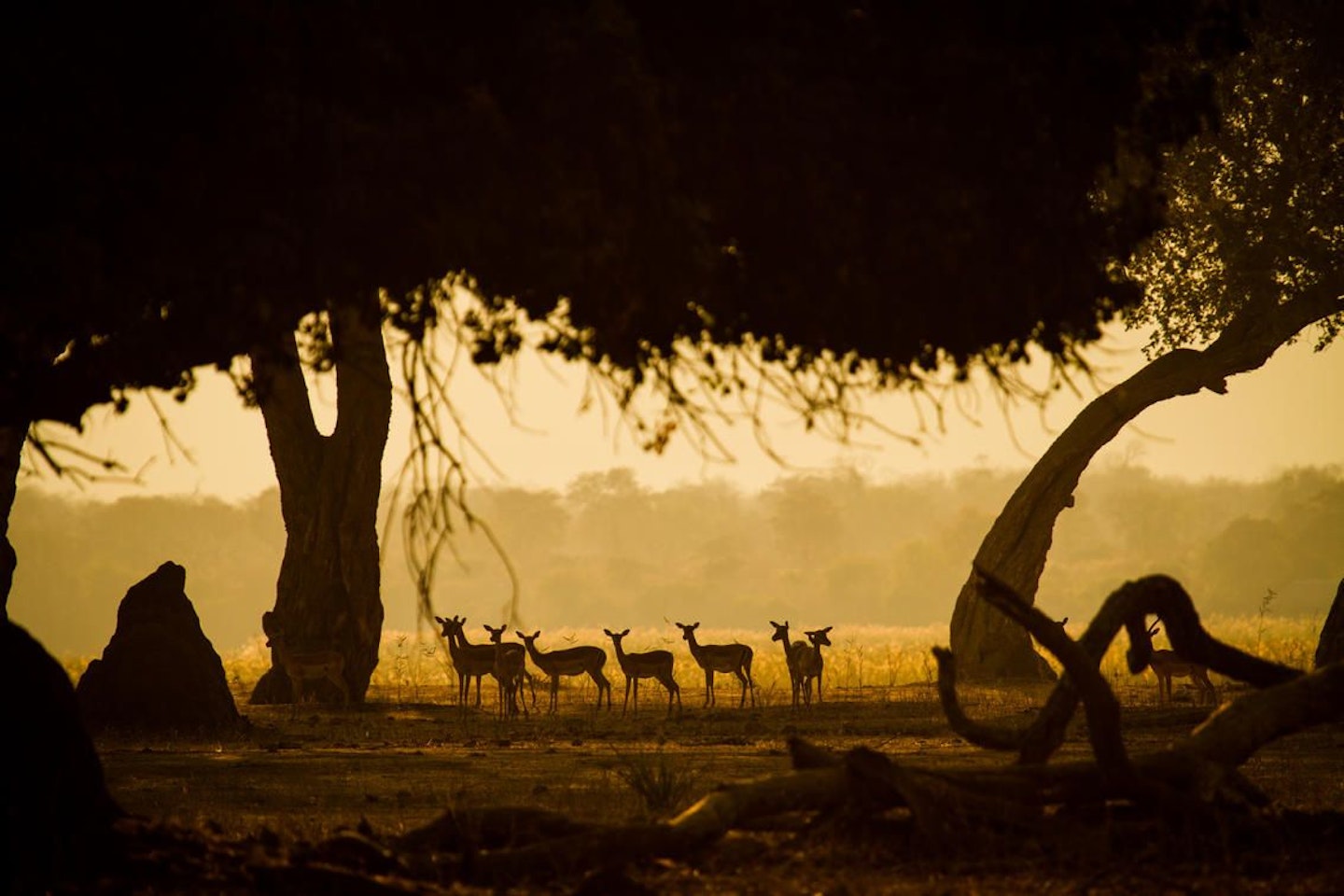
My hope for the future of safari travel is that guests visiting Africa can look at such experience not only as a restorative getaway from their busy lives, but also as an opportunity to learn about local challenges and the ways they can contribute to solve them. These are the people who would allow us to make a far greater impact in terms of the work of the Foundation, and conservation as a whole. They include the strategic partners who support us, who understand the value of guiding their clients to choose local, responsible safari operators, based on the work they do on the ground and on how their trip can have a positive, tangible impact.
A contribution to Africa is a contribution to the survival of the planet: we have under our care some of the vital organs of the world, which we all need for our future.
Beks Ndlovu is the Founder and CEO of African Bush Camps, a preferred partner of Earhtones in Botswana, Zimbabwe and Zambia.

